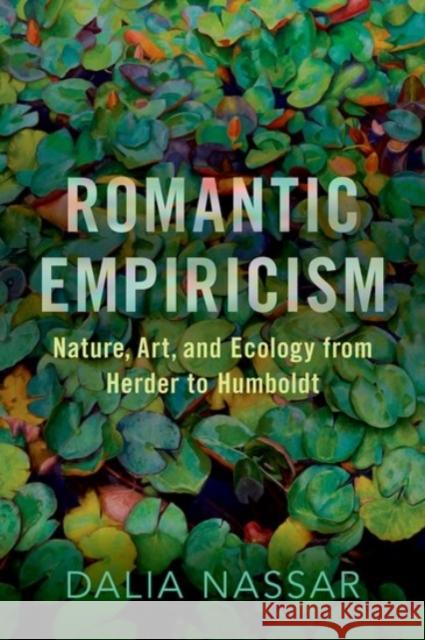Romantic Empiricism: Nature, Art, and Ecology from Herder to Humboldt » książka
topmenu
Romantic Empiricism: Nature, Art, and Ecology from Herder to Humboldt
ISBN-13: 9780190095437 / Angielski / Twarda / 2022
Romantic Empiricism: Nature, Art, and Ecology from Herder to Humboldt
ISBN-13: 9780190095437 / Angielski / Twarda / 2022
cena 346,16
(netto: 329,68 VAT: 5%)
Najniższa cena z 30 dni: 273,55
(netto: 329,68 VAT: 5%)
Najniższa cena z 30 dni: 273,55
Termin realizacji zamówienia:
ok. 30 dni roboczych
Bez gwarancji dostawy przed świętami
ok. 30 dni roboczych
Bez gwarancji dostawy przed świętami
Darmowa dostawa!
Kategorie:
Kategorie BISAC:
Wydawca:
Oxford University Press Inc
Język:
Angielski
ISBN-13:
9780190095437
Rok wydania:
2022
Oprawa:
Twarda
Wolumenów:
01
Dodatkowe informacje:
Bibliografia
Obwoluta
Obwoluta











